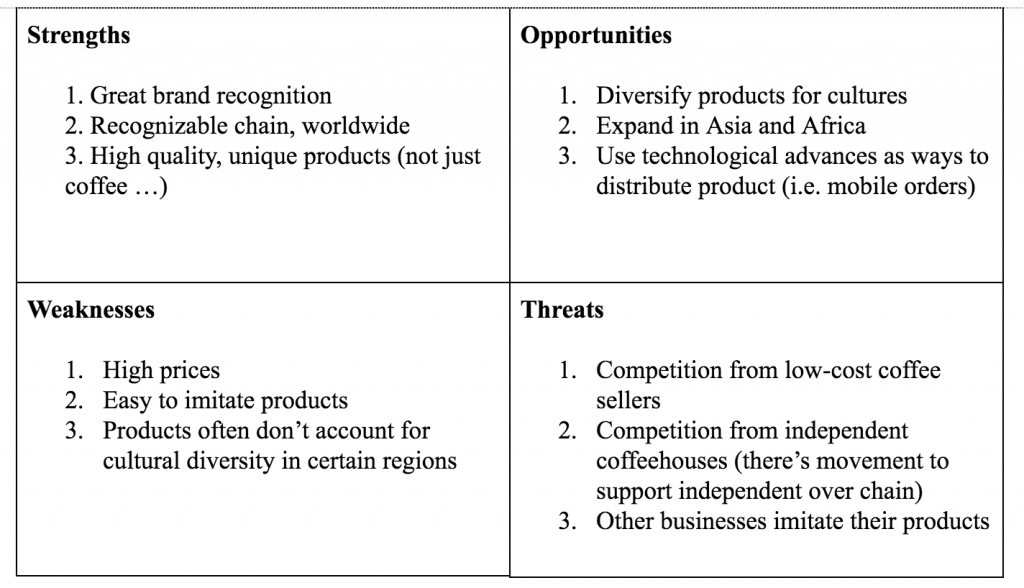How I Used Root Cause Analysis to Turn Organizational Problems Into Opportunities

I’ve faced plenty of problems when building content teams. Sometimes, those problems led to outright failures. Content falls flat, email campaigns flop, or new hires don’t work out.
At times, it feels easier to just accept reality and move on. “Well, that new hire wasn’t the right person for our team right now. We’ll do better next time!” But, if you don’t understand why that hire didn’t work out — if you fail to understand the real problem — you’re bound to repeat it.
Conducting a root cause analysis (RCA) helps you confront your perceived reality and truly understand what went wrong so you don’t repeat history. Now, that can sound a little scary.
After all, while we’ve been told for years that learning from failure is key to growth, admitting to failure feels vulnerable. What if I am the problem? What if it’s something I cannot fix?
The RCA process helps us work through those fears using a data-driven approach and critical thinking. It asks us to eschew the easy answer and chase deeper truths. From there, we can build a more informed and practical approach to challenges. We fail, we learn, and we improve. That’s the goal of a good RCA.
How do you run a root cause analysis, and what tools can you use to do it effectively? Grab your free root cause analysis template, and let’s get into it.
Table of Contents
Marketers experienced in project management know it’s important to monitor your systems and take an honest look at things when they break down. RCA offers a framework to better understand how organizational components work together and how it can improve.
To help us unpack RCAs, I talked with Ellen Smolko, a fractional CMO at Foresight Performance. She’s helped many companies analyze business problems with RCAs and find significant value in the process.
“Root cause analysis helps you move past surface-level symptoms and tackle the true sources of underperformance,” Smolko said.
“For example, if sales are down, it’s tempting to assume you need more leads. But often, the real problem lies deeper: perhaps your offerings no longer meet evolving customer needs, or your messaging fails to communicate value. By systematically identifying and addressing these root causes, RCA enables you to make informed decisions that lead to lasting improvements.”
What is the “5 whys” approach for a root cause analysis?
An RCA’s purpose is to identify the root cause of a problem. That means that when we’re confronted with a problem, we can’t accept our first instinct.
We need a framework to help us question the people, processes, tools, systems, and …read more
Source:: HubSpot Blog









